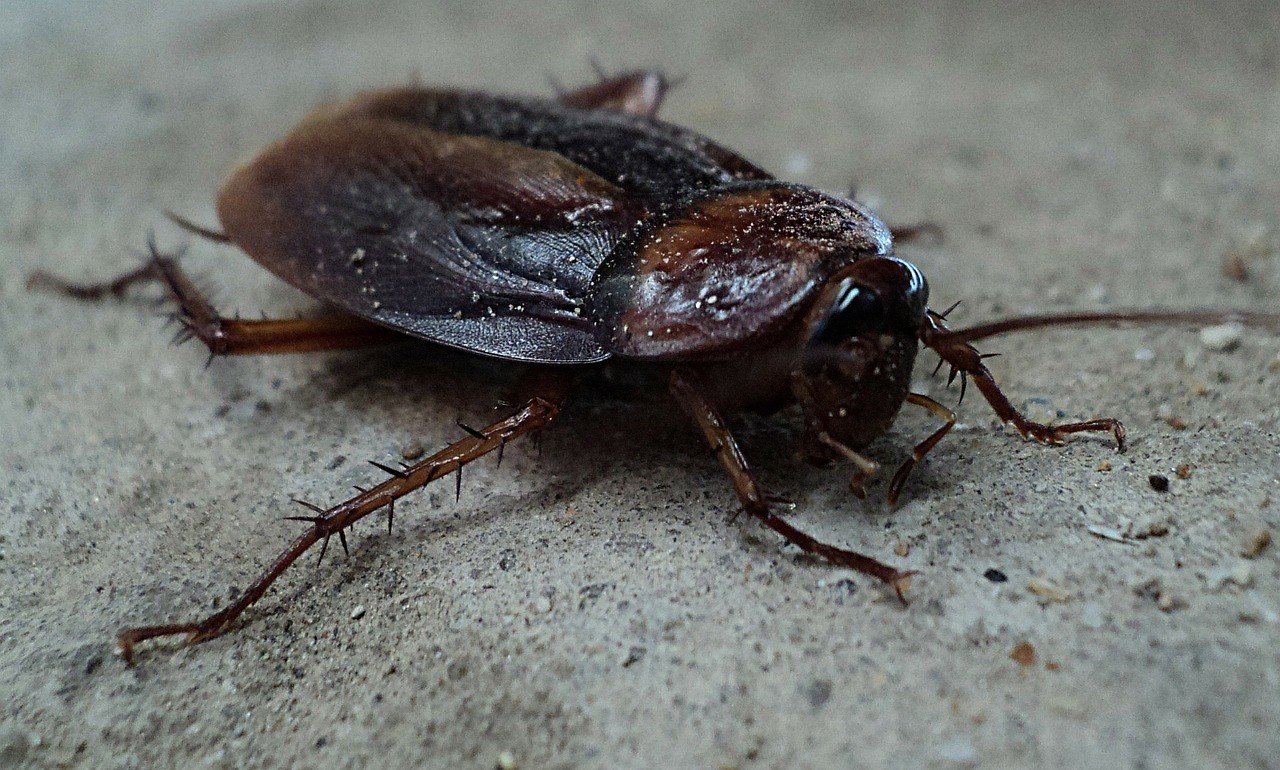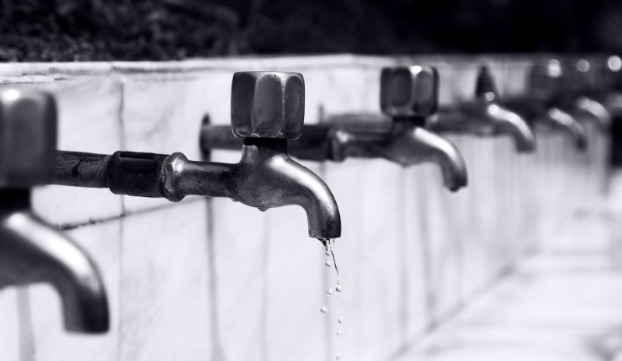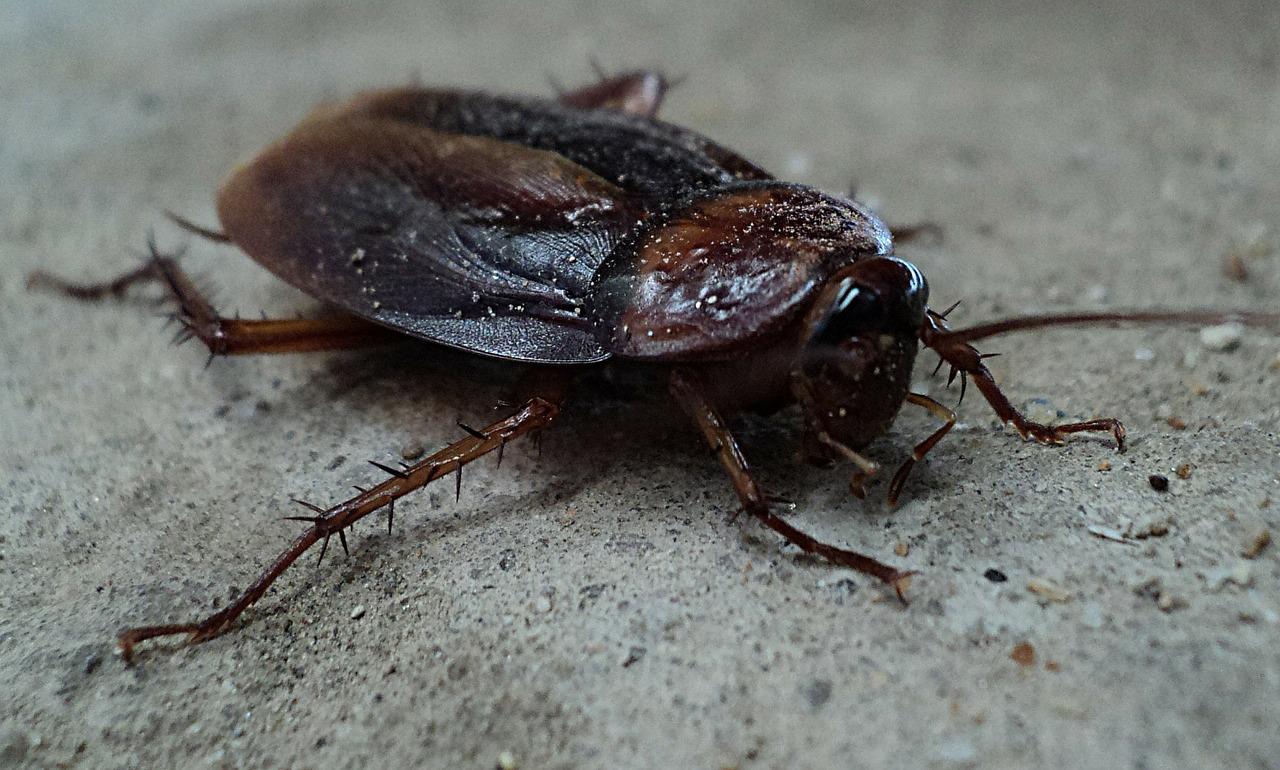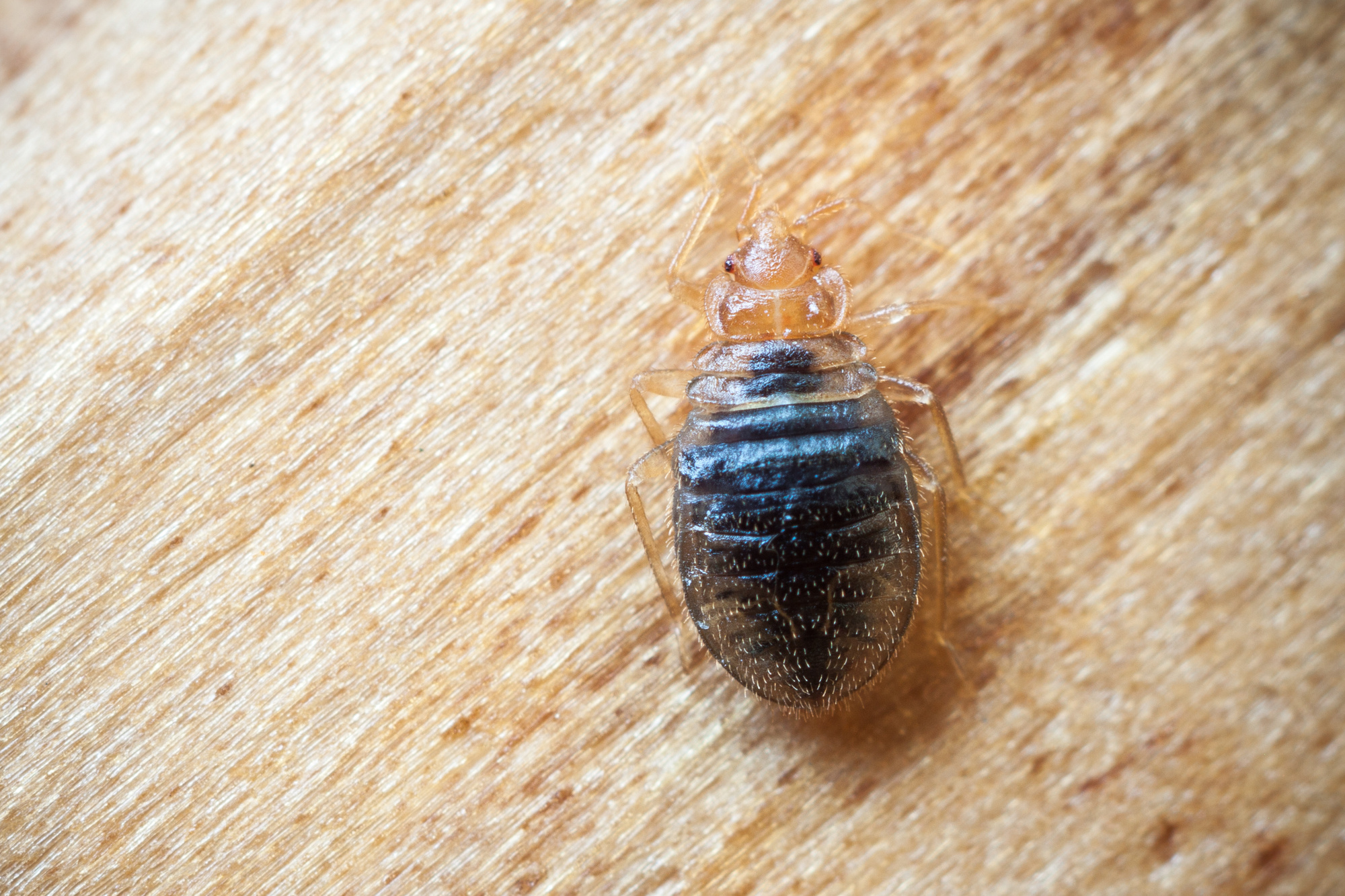
For many, winter is the most magnificent time of the year! Stunning snow descends from the sky while people make merriment on the holidays, and everything seems so jolly and nice. It’s all a blast until something goes wrong in your home! Without proper winter preparation, the cold weather can wreak havoc on every part of your home.
To save yourself the money and hassle of having to repair your pipes, heating, and foundation, take a look at these important preparatory measures that you should take before Jack Frost comes knocking!
Check on Your Heating System
The interior home is a safe haven on a cold winter day, but that’s only if the heat is on! A malfunctioning heating system can make your home practically uninhabitable, and a repairman or technician can take a long time to arrive and fix your system. Meanwhile, you and your family are either waiting in the cold or trying to find another place to stay. Neither situation is ideal, so you should take some preventative measures to ensure that this doesn’t happen. By checking all of your vents for proper airflow before the cold season, you can ensure that each and every room will get the heat that it needs. Without proper heat, pipes can freeze and burst, causing severe water damage and plumbing issues. Turn the heating system on to make sure that it sounds right. If it’s rumbling, emitting a strange noise, or not heating your home quickly enough, then you should probably call a technician to come to take a look. It’s a lot more comfortable to have the heater repairman come by before winter hits!
Using a fireplace more often during the winter is pretty common, but there are a few things that you should know. If you heat your home with a fireplace, check this out for useful tips to keep your fireplace safe and functional in the cold season. But be forewarned, increasing the temperature of your home may reinvigorate a hibernating population of bedbugs. This, although oddly enough, is actually a good thing! Who knows, maybe they would have grown and accumulated during the months in cold. Remember, they can survive and replicate in fairly cold temperatures, they’re just not as active. So finding that they’re around can save you a whole lot of headaches down the line. Plus, it’s The Winter. It’s a time to stay in, drink hot cocoa, and cuddle up in a bed with the ones we love, not uninvited arthropod bedmates.

Pipes and Septic System
Your plumbing is a huge liability during wintertime. They’re full of water, and when water freezes, it expands. This can lead to cracking and bursts. Be sure to cut off all outdoor or nonessential pipes, as any outdoor pipe for sprinklers, sheds, or other structures will freeze if they’re not cut off from your water supply. If you have a septic tank, make sure that it’s not obstructed by any debris. An insulating cover should keep it warm enough to prevent freezing and damage from the cold. Furthermore, you should have your tank pumped before the ground freezes, as it will be extremely difficult to pump in the midst of winter. If you don’t have adequate space in your septic tank for your everyday bathroom needs, then you will not be able to use your toilets, so ensuring that the septic tank is functioning is an absolute necessity.
Doors and Windows Must Be Insulated
That heating bill can be steep, and it’ll be even higher if you don’t adequately insulate your doors and windows! These parts of your home have gaps and thin surfaces that heat can easily slip through. Foam tape, shrink film, and weather stripping are super effective at insulating windows. Thick curtains can also keep a lot of heat in. The caulking seal on your doors and windows degrades over time, so it’s good to re-caulk your doors and windows before winter hits. A simple door snake can help you further insulate your door by blocking that pesky crack at the bottom of it, and it’s super easy to do.
Drainage and Cracks
Scan your basement from water damage. If even a little water is making its way into your basement, you’ll face a much higher risk for flooding during and directly after winter. Walk around the perimeter of your foundation to ensure adequate drainage and identify any cracks in your foundation. If there are any cracks, have them sealed immediately. Fill any dips or low points near your foundation to prevent water from accumulating.
With the help of this quick guide, you can prepare for the chilly winter more confidently. Without having to worry about a broken heater or busted pipes, you can focus on what really matters — the joys of the holidays and fun times with family and friends!









